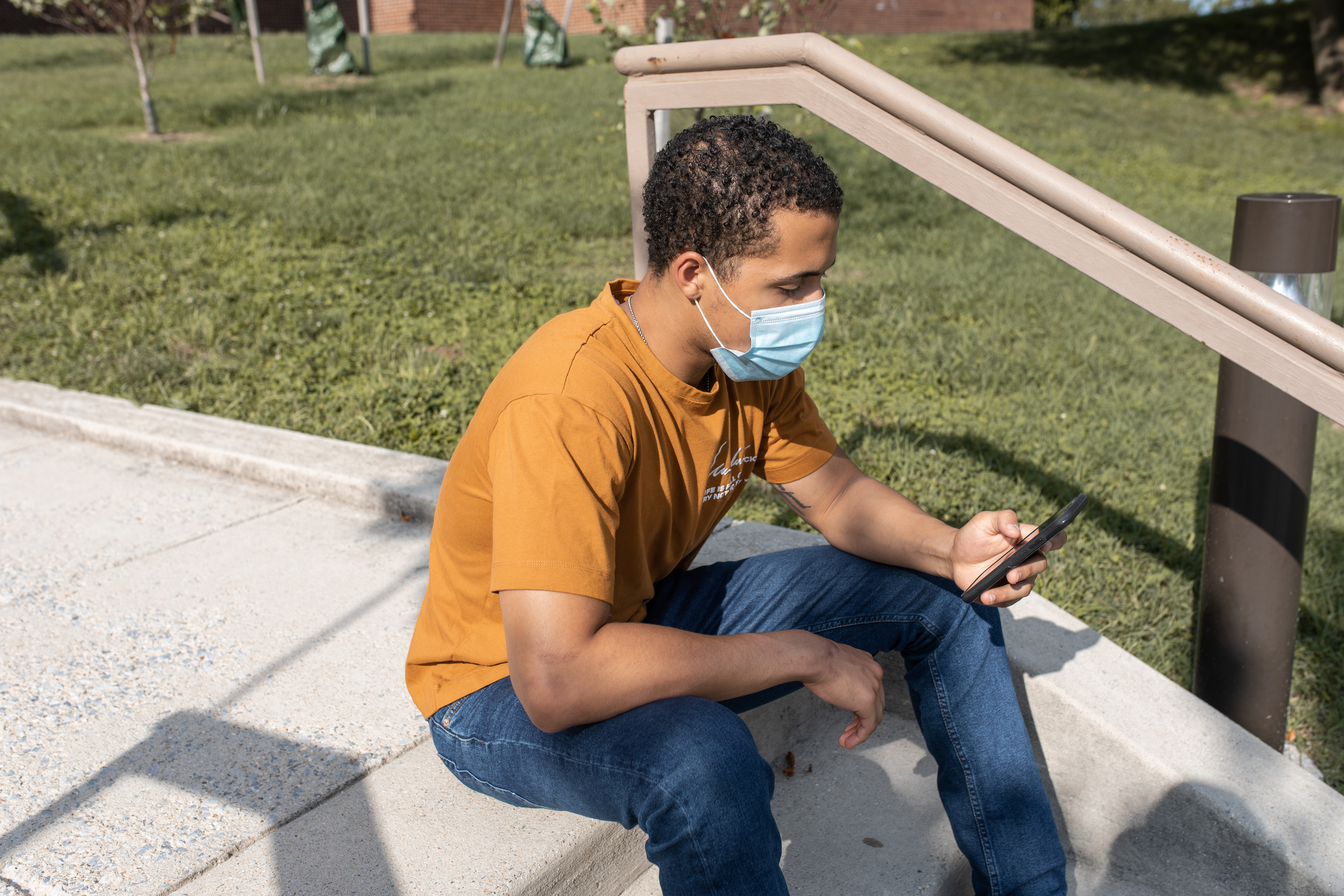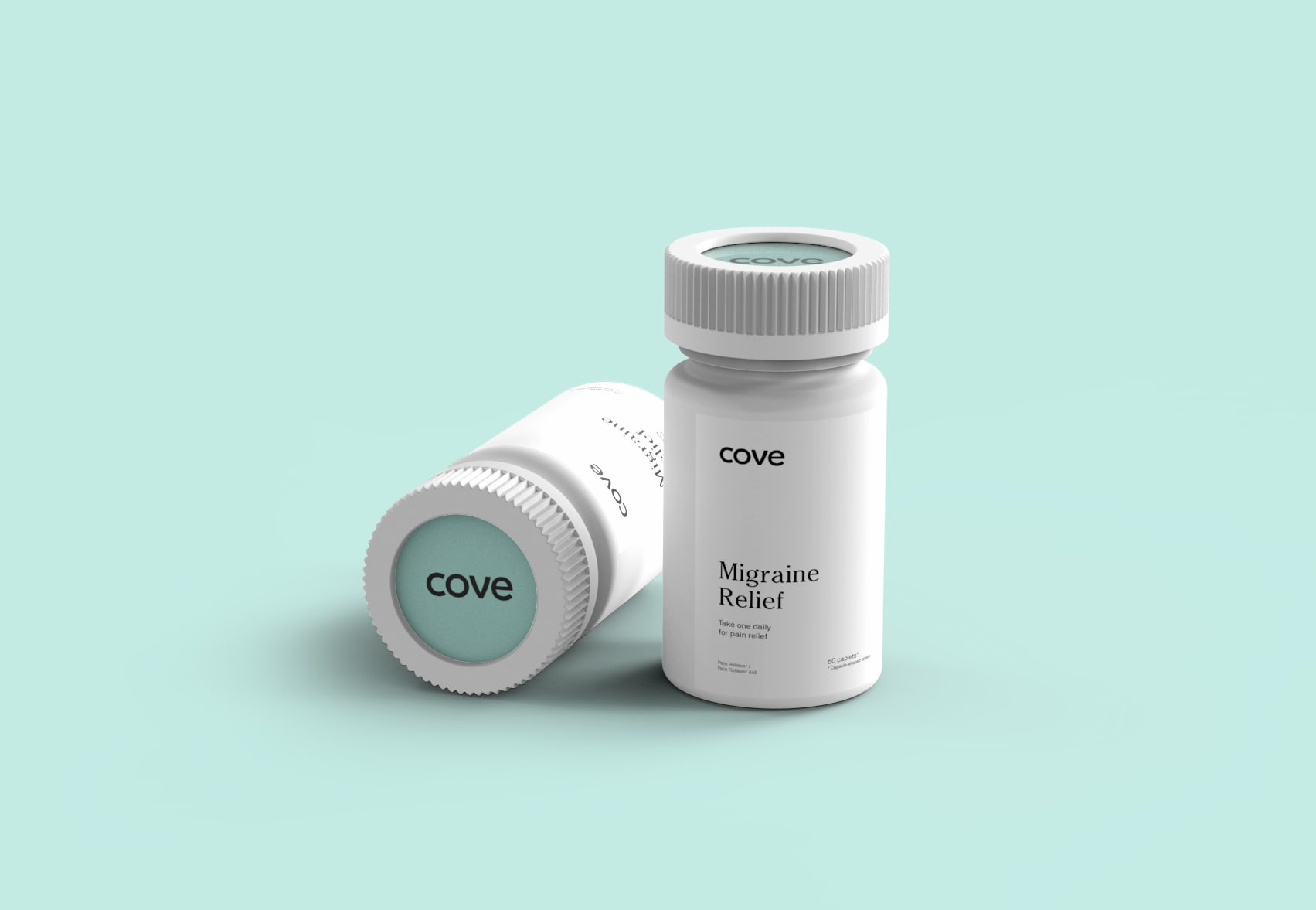With so much conflicting information out there about the safety and effectiveness of the different types of COVID-19 vaccines, we get why anyone would be a little worried. But for migraine sufferers, there’s an extra risk—that trying to do the right thing for your health will land you in bed with a pounding head for a few hours (or a few days).
To get the facts about the relationship between migraine and the COVID-19 vaccines, we turned to neurologist and migraine expert Dr. Cristina Wohlgehagen, MD. Here’s what she had to say.
Do any of the COVID-19 vaccines cause migraine attacks?
In general, headache is one of the reported side effects from all of the COVID-19 vaccines. And keep in mind that COVID-19 itself can cause headaches.
As far as triggering a migraine attack, it’s hard to pinpoint cause and effect without evidence-based studies. Early reports suggest that the threshold for a migraine attack may be lower for migraine sufferers in the days after a vaccination, meaning getting a vaccine can make an attack more likely.
This isn’t unique to the COVID-19 vaccines, though—common vaccinations like the flu shot can also potentially cause migraine attacks.
What other side effects can COVID-19 vaccines potentially cause?
This will differ based on the specific type of vaccine, but commonly reported side effects include injection site pain, fatigue, myalgia (muscle pain), chills, and fever.
Typically, these effects can last anywhere from 24-72 hours before going away.
I’ve read that COVID-19 can cause long-term headaches. Does that mean the vaccine causes that too?
Probably not—vaccine-associated headaches usually go away within a few days, but headaches after COVID can last a lot longer, from weeks to months.
[Curious about the science behind this? Check out our guide to the relationship between COVID-19, headaches, and migraine.]
Can getting a COVID-19 vaccine interfere with any migraine treatments (such as Botox®)?
Nope! It’s highly unlikely that getting a vaccine will impact the effectiveness of any migraine treatments, even injections like Botox®.
Should I take additional medication before getting a COVID-19 vaccine to make sure I don’t get a headache?
If you’re already taking preventive medication for migraine, you should stick to your treatment regimen. If you’re not, you could consider trying what’s known as a “bridge” treatment, which helps migraine sufferers get through periods when they can’t avoid a known trigger.
The specific medication you’ll want to use as a bridge treatment will differ depending on your medical history, but in general, long-acting antihistamines and NSAIDs like naproxen can work.
Bridge treatment starts the night before exposure to the known trigger (in this case, vaccination) and lasts until a few days after to compensate for the increased risk of an attack.
If I get a migraine attack after getting a COVID-19 vaccine, how should I treat it? Will any medications affect the vaccine?
Let your healthcare provider know before you take the vaccination, so that you can work out a bridge plan if needed. If you get a migraine attack, you can typically treat it using your usual regimen. Typical migraine medications should not affect the vaccine.
To sum all this up, it’s reasonable to worry that getting a vaccine might give you an attack—that’s a real (and really inconvenient) possibility. But when you compare that to the risk of coming down with COVID-19, the choice is a no-brainer: Your long-term health is what’s most important.
If you don't have a medical provider you can talk to about your migraine and preparing for potential effects of the COVID-19 vaccine, we can connect you with a Cove medical provider who specializes in migraine.
The information provided in this article is not a substitute for professional medical advice, diagnosis, or treatment. You should not rely upon the content provided in this article for specific medical advice. If you have any questions or concerns, please talk to your medical provider.
Naproxen is an oral medication used to ease pain, swelling, and fever. This drug may raise the chance of heart and blood vessel side effects like heart attack and stroke. If these happen, they can be deadly. The risk of these side effects may be greater if you have heart disease or risks for heart disease. However, the risk may also be raised in people who do not have heart disease or risks for heart disease. The risk of these health problems can happen as soon as the first weeks of using this drug and may be greater with higher doses or with long-term use. This drug may raise the chance of very bad and sometimes deadly stomach or bowel side effects like ulcers or bleeding. The risk is greater in older people. The risk is also greater in people who have had stomach or bowel ulcers or bleeding before. These problems may occur without warning signs. If you are pregnant or you get pregnant while taking this drug, call your medical provider right away. Tell your medical provider if you are breast-feeding. You will need to talk about any risks to your baby. If you would like to learn more about naproxen, please see the full prescription information here. You are encouraged to report negative side effects of prescription drugs to the FDA. Visit MedWatch: https://www.fda.gov/Safety/MedWatch/default.htm or call 1-800-FDA-1088.
Photo by NappyStock via Nappy


